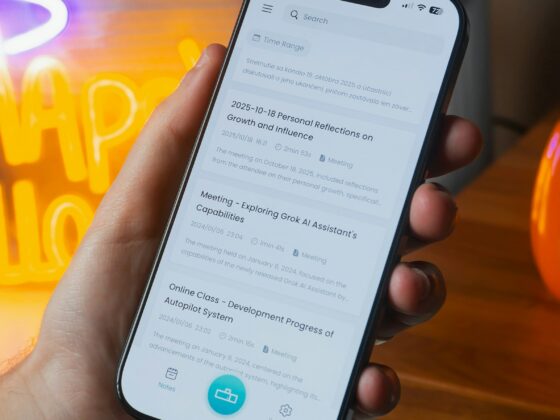Over the past quarter, Semrush led one of the largest multi-platform AI visibility studies to date.
We analyzed more than 230,000 prompts across ChatGPT, Google AI Mode, and Perplexity to understand how often major domains are cited inside AI-generated answers.
What we found was not a minor fluctuation.
It was a structural realignment in how LLMs reference information.
The most visible example is ChatGPT’s sharp reduction in citations to Reddit, Inc. and Wikipedia.
Many assumed this was caused by Google’s removal of the num=100 parameter. The timing made it an easy theory to accept.
But when you look at the underlying data patterns, the explanation becomes much clearer.
The reduction was too deep and too fast to be explained by a single search parameter.
Only about one third of Reddit’s rankings even sit in the positions that would have been affected by num=100.
The magnitude of the drop simply does not match the supposed cause.
A more accurate interpretation is that ChatGPT rebalanced its citation model.
It reduced dependency on a handful of dominant domains and redistributed its trust signals across a broader range of sources.
In other words, what looked like volatility was actually recalibration.
This aligns with the direction LLMs are moving toward:
stronger resistance to bias, less susceptibility to manipulation, and more diverse learning inputs.
Google AI Mode and Perplexity showed far more stability, which further confirms that this was not a universal search-driven shift but a ChatGPT-specific behavior adjustment.
AI systems are building their own internal maps of trust.
These systems do not behave like traditional search engines, and they are not ranking content based on the same signals we have optimized for over the last two decades.
When citation patterns shift, the model is telling you something:
-Which domains it considers authoritative
Which sources it uses to validate information
-Which categories are evolving
-Where visibility is rising or shrinking
The brands that understand this early will recognize the opportunity before everyone else: influence does not come from ranking alone.
It comes from being reference-worthy to the engines that now power millions of AI-generated answers every day.
You need to know how your brand appears across LLMs.
You need to know which domains dominate your niche.
And you need to know when the systems recalibrate, because those shifts directly affect how your customers are informed.









